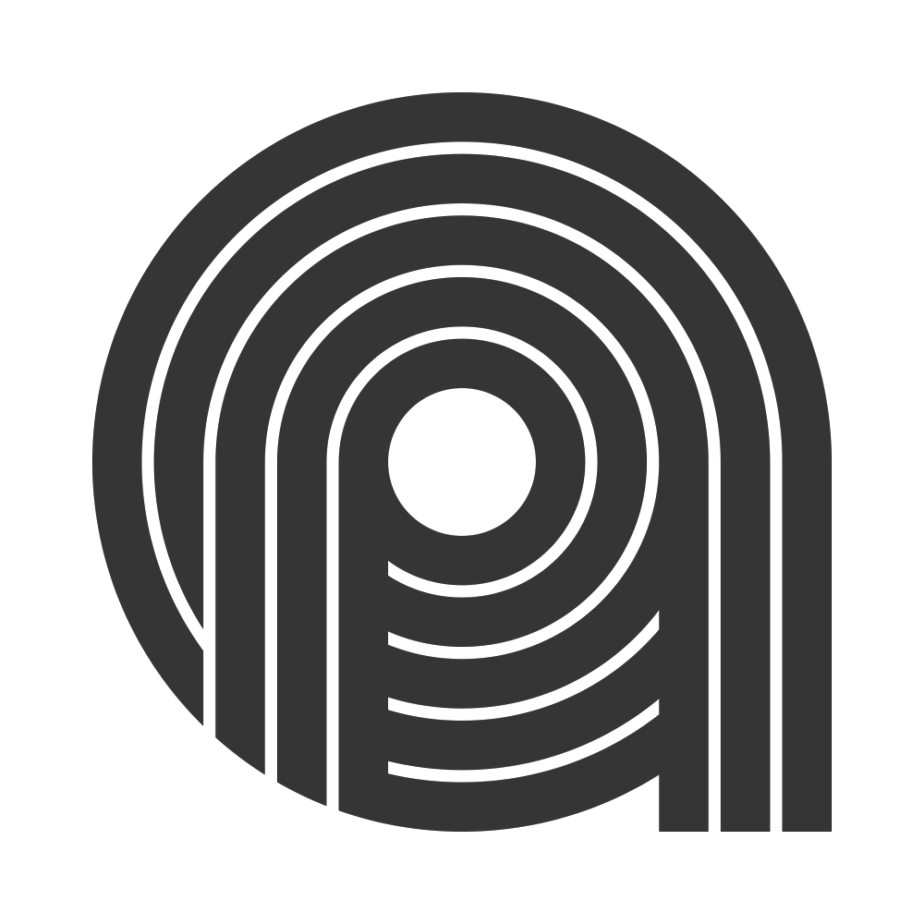Life never seems as consequential as when elucidating on milestones that significantly changed you – graduation, marriage, first home, birth, job loss, death. Over the last five or so years I’ve experienced each of those, a few several times over.
In the years surrounding these many milestones of my life, my mental wellness was being punctured. My self-esteem and self-worth were bullied, beaten, berated, and buried. I became empty, and over time started to put all of who I was on vacation. The me that was left was just a veneer of a human with my name, designing things, writing words, saying stuff, minimally existing to avoid fully dissolving.
I didn’t feel like a person, at least not the person who I thought I was or wanted to be. I was more like a yes machine. A production pawn. A startup shill. Compromised and ridiculed and bedraggled.
So in what might have seemed insignificant or ordinary, I turned myself into an avatar. I drew a flat, expressionless illustration of myself (with the proper amount of gray hair and facial stubble) and replaced any photo of my actual face with it. On every digital platform. In every virtual exchange. The real me was gone, and I welcomed a vapid, agreeable, inoffensive, polished product of my desolation.
Over the last five years I’ve been forced out of a company I helped create (there’s a large and complicated story there that I’m still not fully comfortable talking about), had a child threaten suicide, lost two dogs and a cat while also gaining four dogs and three cats (this is why we have called ourselves the Armstrong circus), dealt with family wide anxiety and depression and medications and doctors and therapists, witnessed teenage breakups and graduations, watched my mother whither away in dementia and die, was laid-off from a job in a company-wide downsize, got personally diagnosed with Celiac’s disease, diagnosed our oldest with EDS, and many more mundane and routine and random and tragic and beautiful life milestones.
And for more than four years this avatar has protected me. This stupid and meaningless symbol teeming with burdens. All the while I’ve been digging out and digging in. Searching for healthier dialogs to my inner tormentors. Moving up and moving on. Covering over and covering under. Ceaselessly crawling forward toward wholeness. But never resting. And I’m exhausted.
I need a rest. I need to recuperate so I can be full and connected and whole.
I’m ready to be real again.
